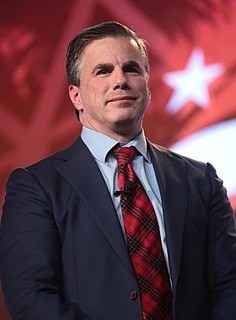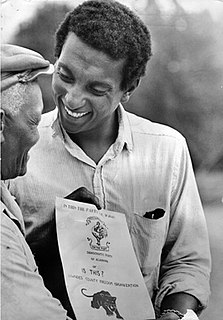A Quote by Ella Baker
Student Nonviolent Coordinating Committee was more politically oriented. Part and parcel of the initial SNCC efforts was to not only go in for voter registration, but for political participation.
Related Quotes
Oh, Diane Nash deserves her own film. Diane Nash is a freedom fighter who is still alive and kicking. She was one of the leaders of the desegregation of Nashville, basically. She was a student at Fisk University who was one of the founding members of SNCC, the Student Nonviolent Coordinating Committee.
We like to think of the '60s as Martin Luther King, Jr. and Malcolm X and a little bit of friction - no, there were all of these different groups. There was the Student Nonviolent Coordinating Committee (SNCC), the Black Panthers, Martin and Malcolm, but also the Whitney Youngs of the world, the Bayard Rustins of the world.
I myself would go for nonviolence if it was consistent, if everybody was going to be nonviolent all the time. I'd say, okay, let's get with it, we'll all be nonviolent. But I don't go along with any kind of nonviolence unless everybody's going to be nonviolent. If they make the Ku Klux Klan nonviolent, I'll be nonviolent. If they make the White Citizens Council nonviolent, I'll be nonviolent. But as long as you've got somebody else not being nonviolent, I don't want anybody coming to me talking any nonviolent talk.
Grace Bell lived in Belhaven, North Carolina her entire life, all 100 years of her life. Just a few weeks ago Republicans challenged her voter registration status and tried to remove her from the voter rolls. Now Grace got her voter registration reinstated. And you better believe she`s going to vote. But this 100-year old woman wasn`t alone in being targeted. The list of voters Republicans tried to purge was two-thirds black and Democratic. That didn`t happen by accident.




































